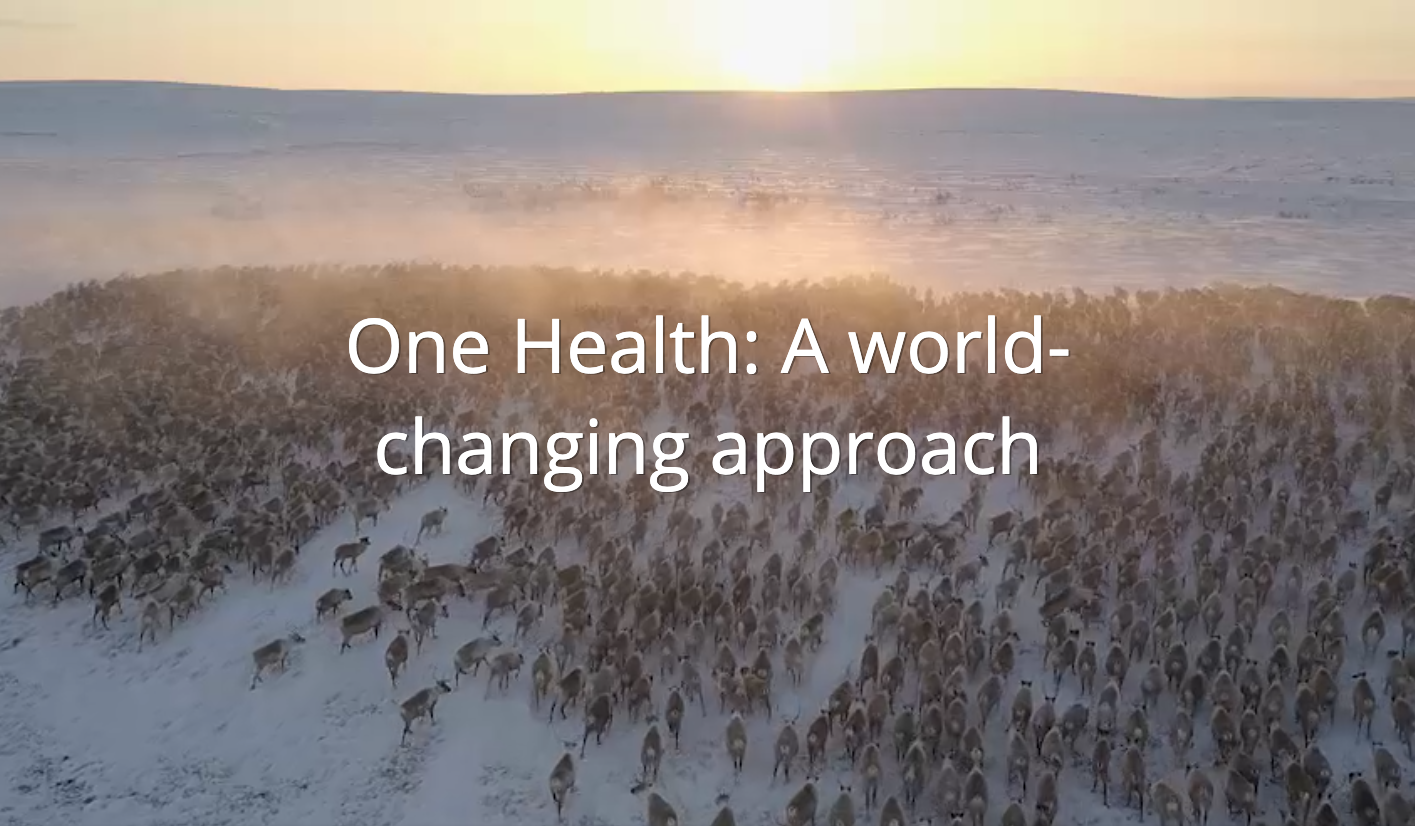Whatever the source of COVID-19, enough catastrophes have occurred to make it clear that human health doesn’t exist in a vacuum. New pathogens and polluted, degraded environments play a big role. To protect human health, we must proactively see to the health of ecosystems and their other inhabitants.
Enter the growing One Health movement.
In One Health’s three-pronged approach, people from diverse fields work in synchrony to nurture the health of humans, wild and domestic animals, and the environment.
At the University of Minnesota, the One Health concept has taken root and blossomed. Faculty, staff, and students are writing the book on how to stave off pandemics, economic damage, and other ills by taking account of the complex web of connections among species and their environments.
For example, between 2009 and 2019, faculty members led projects funded by the U.S. Agency for International Development (USAID) to take the One Health approach global. Katey Pelican and John Deen, associate professor and professor, respectively, in the College of Veterinary Medicine (CVM), co-led a U of M team that included other experts from CVM, the School of Public Health (SPH), the School of Nursing, and the Medical School in building One Health university networks in Africa and Southeast Asia to deal with emerging diseases and other threats to animal and human health and the environment.
Pelican and Jeff Bender, a professor in SPH and adjunct in CVM, later led the U of M in a second USAID project that trained African and Southeast Asian university faculty and students to teach about and set up One Health networks to carry out their own projects.
